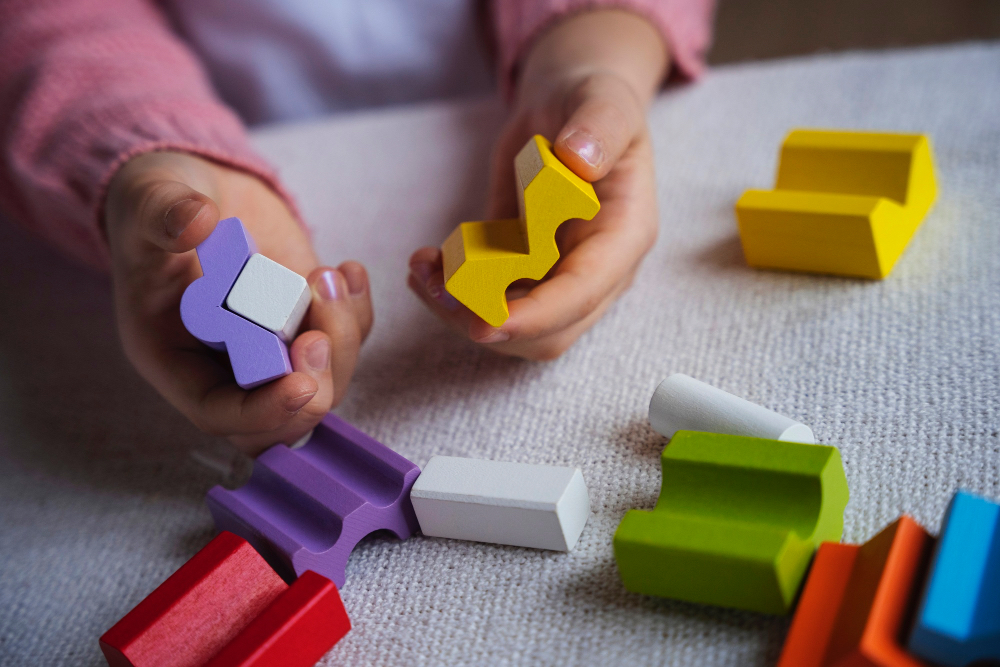Empathy in children is a critical part of their social and emotional development. It helps them understand the feelings of others, fostering stronger relationships and communication. Teaching empathy from a young age builds the foundation for kindness, compassion, and resilience. In this article, we’ll explore practical ways to encourage empathy in children and create an environment that nurtures understanding and connection.
1. Model Empathy in Children’s Everyday Life
Children learn empathy by observing adults’ actions and responses.
- Express Feelings: Show your child how to articulate emotions by sharing your feelings in an age-appropriate way.
- Acknowledge Emotions: When your child expresses an emotion, respond with empathy to demonstrate understanding.
- Demonstrate Kindness: Perform small acts of kindness, like helping a neighbor, to show the value of empathy.
2. Teach Emotional Awareness to Foster Empathy in Children
Understanding and labeling emotions is a crucial step in developing empathy.
- Use Emotion Charts: Visual aids help children recognize their emotions and others’.
- Ask Reflective Questions: Encourage questions like, “How do you think they felt when that happened?”
- Read Emotion-Focused Stories: Books about emotions can help children relate to different perspectives.
3. Encourage Perspective-Taking to Build Empathy in Children
Help children understand how others feel in various situations.
- Role-Playing Activities: Act out scenarios where they consider another person’s perspective.
- Discuss Real-Life Events: Use daily occurrences to ask how someone else might feel.
- Play Cooperative Games: Team-based activities encourage understanding and empathy through collaboration.
4. Foster Kindness to Strengthen Empathy in Children
Empathy grows stronger when paired with kind actions.
- Practice Small Acts of Kindness: Encourage your child to share, help friends, or write thoughtful notes.
- Volunteer as a Family: Participating in community events fosters empathy by showing the impact of helping others.
- Celebrate Kindness: Praise your child when they demonstrate empathy through kind actions.
5. Teach Conflict Resolution Skills to Build Empathy in Children
Empathy plays a key role in resolving disagreements calmly and respectfully.
- Use “I” Statements: Teach your child to express feelings using “I” statements, like “I feel upset when you interrupt me.”
- Active Listening: Help your child listen to others’ perspectives during conflicts.
- Problem-Solving Practice: Guide your child in finding fair resolutions that work for everyone involved.
Conclusion:
Encouraging empathy in children helps them build meaningful connections, navigate social challenges, and develop emotional intelligence. By modeling empathy, teaching emotional awareness, and fostering perspective-taking, you can help your child grow into a compassionate and kind individual. Simple actions like role-playing, reading stories, and praising kind behavior make empathy-building part of your everyday life.



